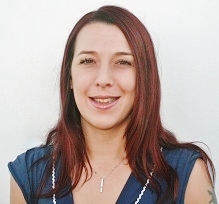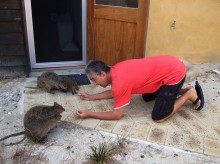Spotted this on DJMac’s Recovery Review. As DJ says: ‘Here’s a beautifully shot, authentic short film which captures how hope powers recovery.’
‘Amy came to Dawn Farm’s Spera Recovery Center feeling “broken and hopeless and like [she] didn’t have a soul”. In detox, she found others who felt the same way, but also found hope and faith.
Slowly, she learned to face her fears with faith that, if she does the next right thing, things will work out. Two years sober, this faith allows her to confront her fears as her biggest supporter faced cancer.







